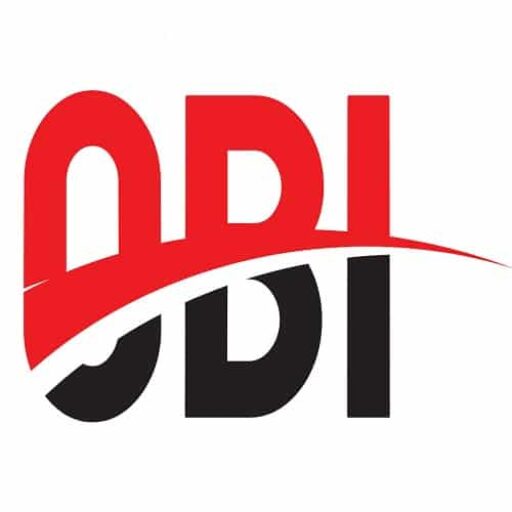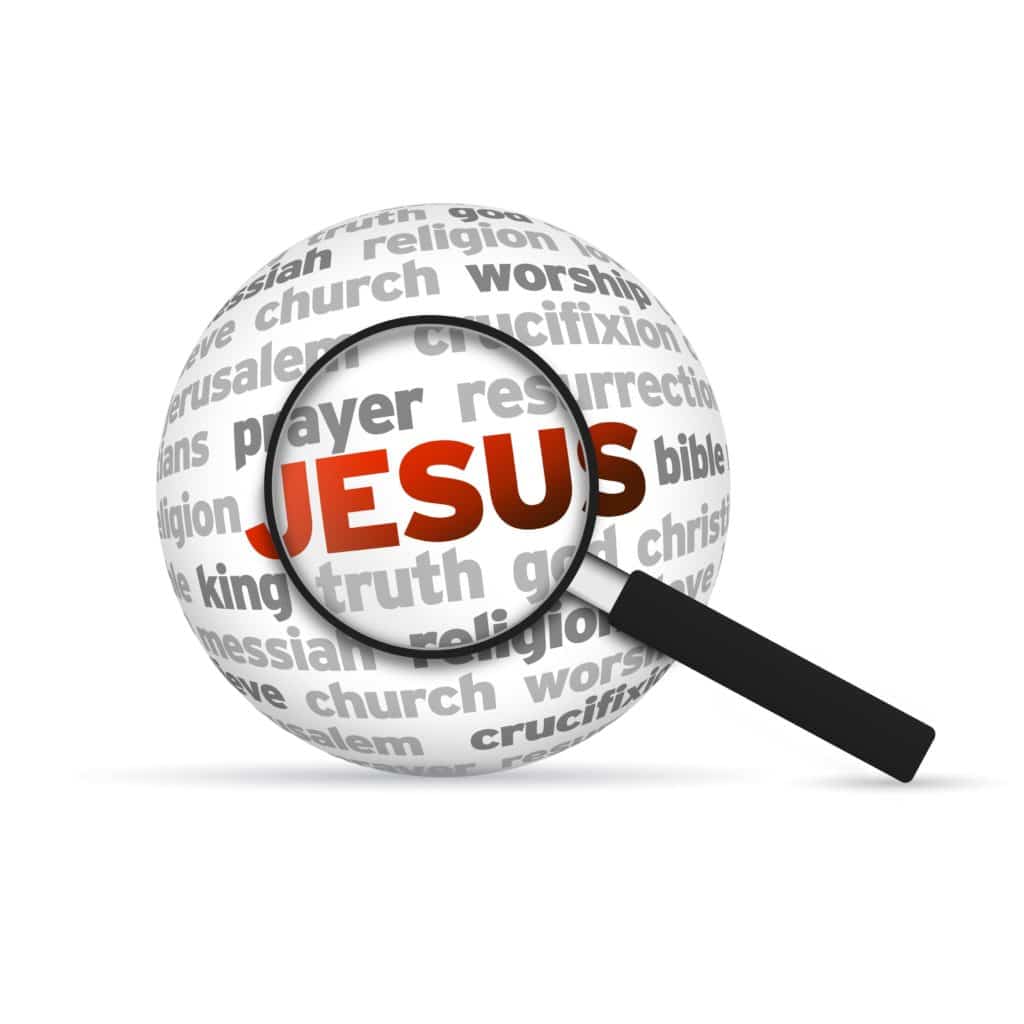Churching Well Part 5
Over the last few weeks in our discussion on the church we have said that the church is ultimately about relationships. Relationship with God, relationship with the people of God, and relationship with those who do not yet know Jesus. These relationships are developed in the context of worship, discipleship, fellowship, and mission. All of these relationships also need to be understood in the context of the tension of the Now and Not Yet of the Kingdom of God. Last week we talked about the importance of corporate prayer. This week we are going to start discussing the apostle’s teaching.
Acts 2:42-47 (NIV)
42 They devoted themselves to the apostles’ teaching and to the fellowship, to the breaking of bread and to prayer. 43 Everyone was filled with awe, and many wonders and miraculous signs were done by the apostles. 44 All the believers were together and had everything in common. 45 Selling their possessions and goods, they gave to anyone as he had need. 46 Every day they continued to meet together in the temple courts. They broke bread in their homes and ate together with glad and sincere hearts, 47 praising God and enjoying the favor of all the people. And the Lord added to their number daily those who were being saved.
Verse 42 could also be rendered as they persisted in the apostles’ teaching or they persevered in the apostles’ teaching. The idea is that as the people were learning to live out the teachings. It was not about a build up of knowledge, but about their lives being impacted by the teaching. What were the apostles’ teaching. I think it is safe to assume that were following the instructions that Jesus had given them in Matthew 28:19-20:
Matthew 28:19-20 (NIV)
19 Therefore go and make disciples of all nations, baptizing them in the name of the Father and of the Son and of the Holy Spirit, 20 and teaching them to obey everything I have commanded you. And surely I am with you always, to the very end of the age.”
The apostles’ were teaching the people to do the things that Jesus told them to do.
Fortunately, the things that Jesus taught the apostles are recorded for us in gospels and then they are often explained in the letters written to the early churches. As we read the gospels we can put together a list of 40 – 50 things that Jesus “commanded” His disciples’ to follow.
We must not confuse the “commandments” of Jesus with the Old Testament Law. These “commandments” of Jesus are not to be followed as a way to earn salvation, but flow from a heart that has been changed and transformed by the love of Jesus and desires to follow Him in obedience.
John 14:15 (NIV)
15 “If you love me, you will obey what I command.
All of these “commandments” of Jesus are of course rooted in the Greatest Commandment:
Matthew 22:36-40 (NIV)
36 “Teacher, which is the greatest commandment in the Law?” 37 Jesus replied: “‘Love the Lord your God with all your heart and with all your soul and with all your mind.’ 38 This is the first and greatest commandment. 39 And the second is like it: ‘Love your neighbor as yourself.’ 40 All the Law and the Prophets hang on these two commandments.”
Over the next few weeks we will be looking at some these “commandments” and how the apply to the corporate gathering of the church.
“Let your light shine before men” (Matt 5:14;16 NIV)
“Care for Those in Distress” (Matt 25:34-36 NIV)
“Watch out for false prophets” (Matt 7:15 NIV)
“Exercise Spiritual Power” (Matt 10:1 NIV) (Matt 10:8 NIV)
“Bless the Children ” (Matt 18:10 NIV)
“Do not Oppose Other Christian Groups” (Mark 9:38-40 NIV)
“You Should also Wash One Another’s Feet” (John 13:14 NIV)
“You Must be Ready” (Luke 12:40 NIV)
“Go and Make Disciples of All Nations, Baptizing Them” (Matt 28:19-20 NIV)
And today we are going to take a look at:
“Do this in Remembrance of Me”
Luke 22:19-20 (NIV)
19 And he took bread, gave thanks and broke it, and gave it to them, saying, “This is my body given for you; do this in remembrance of me.” 20 In the same way, after the supper he took the cup, saying, “This cup is the new covenant in my blood, which is poured out for you.
In the Acts 2:42-47 verses that we are using as the foundation for our Church Well series the expression “the breaking of bread” occurs twice. It actually occurs five times in Acts and in a few other places in the New Testament. Here is a quick list of all the New Testament references to the breaking of bread:
Mark 6:41
Taking the five loaves and the two fish and looking up to heaven, he gave thanks and broke the loaves.
Mark 8:6
He told the crowd to sit down on the ground. When he had taken the seven loaves and given thanks, he broke them and gave them to his disciples to set before the people, and they did so.
Luke 24:30,35
When he was at the table with them, he took bread, gave thanks, broke it and began to give it to them. … Then the two told what had happened on the way, and how Jesus was recognized by them when he broke the bread.
Acts 2:42,46
They devoted themselves to the apostles’ teaching and to the fellowship, to the breaking of bread and to prayer. … Every day they continued to meet together in the temple courts. They broke bread in their homes and ate together with glad and sincere hearts.
Acts 20:7,11
On the first day of the week we came together to break bread. Paul spoke to the people and, because he intended to leave the next day, kept on talking until midnight. … Then he went upstairs again and broke bread and ate. After talking until daylight, he left.
Acts 27:35
After he said this, he took some bread and gave thanks to God in front of them all. Then he broke it and began to eat.
Over time, the expression “the breaking of bread” has for many become synonymous with the Lord’s Supper. The common Jewish usage of the term “the breaking of bread’ referred to the sharing of a meal.
The form of blessing used by the Jews for the bread was: “Blessed art Thou, O Lord our God, King of the universe, who bringest forth bread from the earth.”
It is more likely, that the expression “the breaking of bread” that we read in our Acts 2 verses is more in line with the usage of the day, it is about giving thanks for a meal that was about to be shared together by believers.
So, it is not necessarily the “the breaking of bread” expression in Acts 2 that brings the celebration of communion into the corporate gathering of the church, but the “commandment” of Jesus in Luke 22:19-20 that we looked at earlier to “Do this in remembrance of me”.
Luke 22:19-20 (NIV)
19 And he took bread, gave thanks and broke it, and gave it to them, saying, “This is my body given for you; do this in remembrance of me.” 20 In the same way, after the supper he took the cup, saying, “This cup is the new covenant in my blood, which is poured out for you.
The Apostle Paul gives a more detailed picture of communion or the Lord’s Supper in 1 Corinthians 11:17:34:
1 Corinthians 11:17-34 (NIV)
17 In the following directives I have no praise for you, for your meetings do more harm than good. 18 In the first place, I hear that when you come together as a church, there are divisions among you, and to some extent I believe it. 19 No doubt there have to be differences among you to show which of you have God’s approval. 20 When you come together, it is not the Lord’s Supper you eat, 21 for as you eat, each of you goes ahead without waiting for anybody else. One remains hungry, another gets drunk. 22 Don’t you have homes to eat and drink in? Or do you despise the church of God and humiliate those who have nothing? What shall I say to you? Shall I praise you for this? Certainly not! 23 For I received from the Lord what I also passed on to you: The Lord Jesus, on the night he was betrayed, took bread, 24 and when he had given thanks, he broke it and said, “This is my body, which is for you; do this in remembrance of me.” 25 In the same way, after supper he took the cup, saying, “This cup is the new covenant in my blood; do this, whenever you drink it, in remembrance of me.” 26 For whenever you eat this bread and drink this cup, you proclaim the Lord’s death until he comes. 27 Therefore, whoever eats the bread or drinks the cup of the Lord in an unworthy manner will be guilty of sinning against the body and blood of the Lord. 28 A man ought to examine himself before he eats of the bread and drinks of the cup. 29 For anyone who eats and drinks without recognizing the body of the Lord eats and drinks judgment on himself. 30 That is why many among you are weak and sick, and a number of you have fallen asleep. 31 But if we judged ourselves, we would not come under judgment. 32 When we are judged by the Lord, we are being disciplined so that we will not be condemned with the world. 33 So then, my brothers, when you come together to eat, wait for each other. 34 If anyone is hungry, he should eat at home, so that when you meet together it may not result in judgment. And when I come I will give further directions.
In our study on Kingdoming Well, we looked many of the symbols and deeper meaning of communion, or the Lord’s Supper. In practice, communion is a holy time of worship when we corporately come together as one body to remember and celebrate what Jesus did for us.
As we partake of communion we are being obedient to His command to “Do this in remembrance of me”. We are remembering Jesus and all that He has done for us in His life, death, and resurrection. We are to pause and examine ourselves and consider how all that He has done is impacting our lives. When we partake of communion, we are making a statement of faith, by proclaiming His death until He comes.
At the Vineyard on Big Pine Key we celebrate communion with these words:
On the night He was betrayed, Jesus took bread, and He broke it, saying this is My body which is for you. Take and eat in remembrance of Me. In the same manner He took the cup, and during the Last Supper, a Passover celebration, the Cup of Sanctification and the Cup of Plagues had been poured and celebrated. Jesus takes the third cup, the Cup of Redemption, and says this is My blood poured out for you, drink this in remembrance of Me. There with His friends that night, Jesus gave a lasting ordinance or remembrance that we call Communion, or the Lord’s Table, or the Lord’s Supper. He said to His friends that from now on when you get together and partake of this meal, I want you to remember Me. And as His friends gathering together, we partake of the bread and the cup, the body and blood of the Lord and we remember and give thanks. We remember all that Jesus has said and done and promised to do. We remember His willingness to go to the cross on our behalf. We remember how He defeated death and rose again, and we remember with awe and thanksgiving that He is coming back for us soon. So here on this table are the elements of communion, the bread and the cup, the body and blood of the Lord. The Table is open to all who believe, and as the Spirit leads as we praise and worship God in song please come, partake, remember and give thanks.


